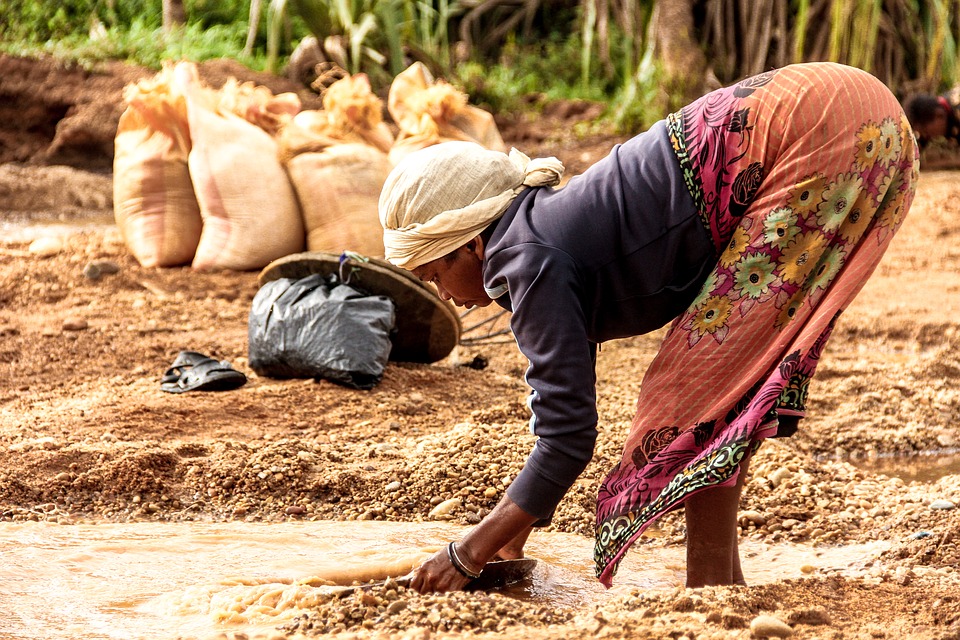Depression in women reported by WHO, due to poverty, says South Africa's Health Dept
The South African health department on Wednesday, said the high levels of antenatal and postnatal depression amongst women, highlighted in a World Health Organisation (WHO) report, has a direct link to poverty and inequality.

- Country:
- South Africa
The South African health department on Wednesday, said the high levels of antenatal and postnatal depression amongst women, highlighted in a World Health Organisation (WHO) report, has a direct link to poverty and inequality.
Department spokesperson Popo Maja said the South African government had noted the WHO report which places local women at much higher risk of depression than the global average.
"Government has noted the report of the WHO on antenatal and postnatal depression. The high rate of depression among South African women is directly related high levels of poverty and inequities," said Maja.
"Most women are not emotionally and economically supported during this important period human life."
According to the WHO, around 10 to 13 percent of women experience antenatal and postnatal depression globally, while in most developing countries the condition affects 20 percent of mothers. In stark contrast, more than 40 percent of South African women suffer from the condition.
Medication provider Pharma Dynamics' Mental Health Portfolio Manager Shouqat Mugjenker said no woman is immune to ante- or postnatal depression, but research has shown that women living in low to middle-income countries are at particularly high risk.
“The high burden of postnatal depression in SA, is likely as a result of women’s exposure to a number of risk factors, which could include poverty, intimate partner violence and the threat of HIV. Depression can affect new mothers in many different ways and can start a few months before giving birth or at any time within the first year after childbirth," said Mugjenker.
"It [depression] may develop suddenly or over time. Most women feel tearful and anxious within the first few weeks after giving birth, which is completely normal and commonly referred to as the ‘baby blues’, but if feelings of sadness and low mood lasts longer than two to three weeks, it might be a sign of postnatal depression."
Mugjenker said postnatal depression puts both the mother and baby at risk "since some moms could turn to smoking, drugs or alcohol to help them cope and as a result neglect caring for their new-borns which makes early identification and treatment essential".
"Suffering from postnatal depression also makes it difficult to bond with your baby, which can make babies more stress reactive and difficult to soothe. This sets in motion a dangerous cycle for both moms and babies," he said.
He said several studies highlight the gap that still exist in the detection of depression in pregnant women and new mothers in South Africa.
July is Mental Illness Awareness Month and special emphasis is being placed on the "alarmingly high rates of depression globally and locally among women who are about to give birth (antenatal) and those who have given birth (postnatal)".
ALSO READ
Health News Roundup: Scientists investigate thousands of dead Antarctic penguins for bird flu; CVS Caremark to cover Perrigo's birth control pill in US at zero cost for plan sponsors and more
Rajasthan model of cashless insurance of up to Rs 25 lakh will be adopted for universal healthcare: Cong manifesto.
Health report indicates significant growth in non-communicable diseases across India
Health News Roundup: AstraZeneca's Imfinzi shows promise in treating aggressive lung cancer; US FDA issues warning letters to retailers against underage sale of ZYN nicotine pouches and more
33,091 Palestinians killed in Gaza offensive since Oct. 7, health ministry says










